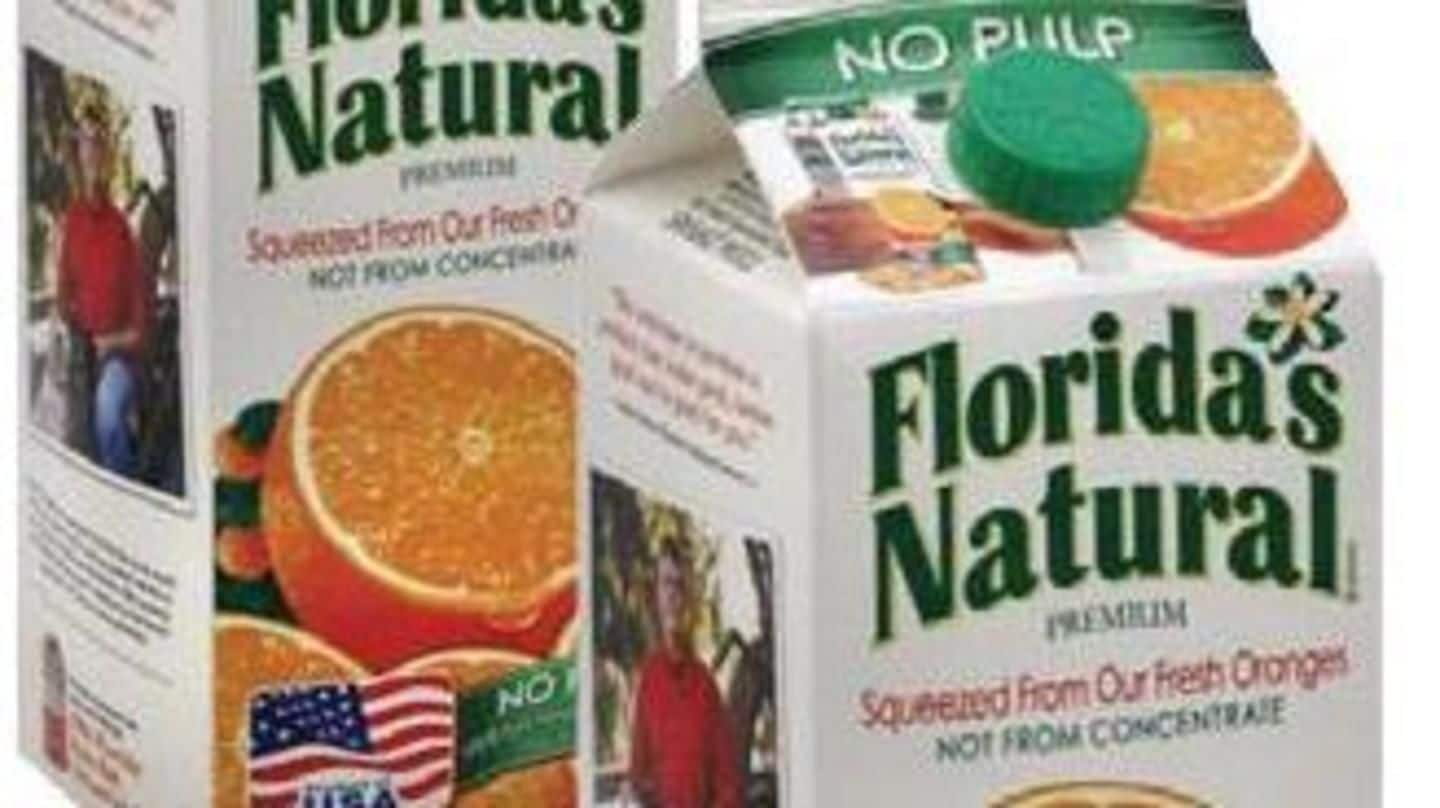
Canada hits back at US with tariffs on metals, orange-juice
What's the story
Canada hit back at the US with retaliatory tariffs on American summertime essentials including Florida orange juice, ketchup, and Kentucky bourbon in its opening salvo in a trade war with President Donald Trump. As temperatures and tensions increase, the measures targeting Can$ 16.6 billion ($12.6 billion) in US steel, aluminum, and consumer goods will take effect tomorrow, when Canadians celebrate Independence Day. Here's more.
No choice left
Ottawa had no choice but to announce reciprocal tariffs: Trudeau
The tit-for-tat duties are a response to the US steel and aluminum tariffs. Canada's capital Ottawa also unveiled Can$ 2 billion ($1.5 billion) in aid for the two sectors and their 33,500 workers. "Ottawa had no choice but to announce reciprocal countermeasures to the steel and aluminum tariffs that the US imposed on June 1, 2018," Canadian PM Justin Trudeau told Trump on Friday.
Labor-intensive products
Aim to pressurize Trump's supporters key states in Nov US-elections
The list of more than 250 US goods subject to Canadian duties, including Florida juice, Wisconsin toilet paper, and North Carolina gherkins, which are labor-intensive to produce aims to pressurize Trump supporters' key states in the US midterm elections in November. The penalties will add 25% to the cost of the US steel, and 10% to aluminum and consumer goods.
Information
Canada, Mexico, EU initially exempted from US metal tariffs
Canada and Mexico initially were exempted from the US metals tariffs, as was the European Union, but Trump allowed the duties to take effect June 1 after talks stalled to revamp the 1994 trilateral North American Free Trade Agreement (NAFTA).
Escalating trade-war
Escalating trade-war could ruin Canada's economy, businessmen warn lawmakers
Business executives warned lawmakers this week that escalation into an all-out trade war would be devastating to the Canadian economy, which sends about 75% of its exports to the US. "If Trump steps up his attacks on Canada's economy and imposes a 25% tariff on automobiles as threatened, it would lead to 'carmageddon'," Flavio Volpe, President of the Automotive Parts Manufacturers Association, said.
Supporting retaliation
Canadians in favor of retaliation
Canadians, however, are overwhelmingly in favor of the nation's retaliation. In Ottawa, officials and others have declined an invitation to the United States ambassador's annual July 4 bash. "I've politely declined because I'm not happy with the direction of the United States' government and their constant attacks on our country," Ottawa Mayor Jim Watson told the public broadcaster CBC.
Twitter Post
Canadian patriotism flourishes under #BoycottUSA
YUP! I'm definietly boycotting USA until this ignorant idiot is out of office. #BoycottUSA https://t.co/9EPlwx0zYv
— Carla (@Miss__Carlita) June 25, 2018
US-Canada trade relations
Canada, US, world's two largest trading partners
Canada and the US are among the world's largest trading partners with an estimated $673.9 billion worth of goods and services exchanged in 2017, with the US scoring a small surplus ($8.4 billion), according to the US government data. The United States also is the top destination for Canadian vacationers, who made 42 million trips to the US in 2017.
Plunging relationship
Canada, US relationship sinking to its lowest
However, relations between these two neighbors have plunged to their lowest in decades. At the recent Group of Seven summit, Trump abruptly rejected the joint statement and insulted Trudeau. On the campaign trail this week, Trump continued his attacks on Canadian dairy, wheat, and duty-free customs allowances for Canadians returning home, saying they were scuffing up brand-new shoes in order to sneak them in.
Information
Canada buys more American steel than any other country
Canadian steel is used in American tanks and Canadian aluminum for American planes. Canadian Foreign Minister Chrystia Freeland said the US has a $2bn trade surplus on iron and steel products, and Canada, the biggest buyer of American steel, accounts for 50% of US exports.